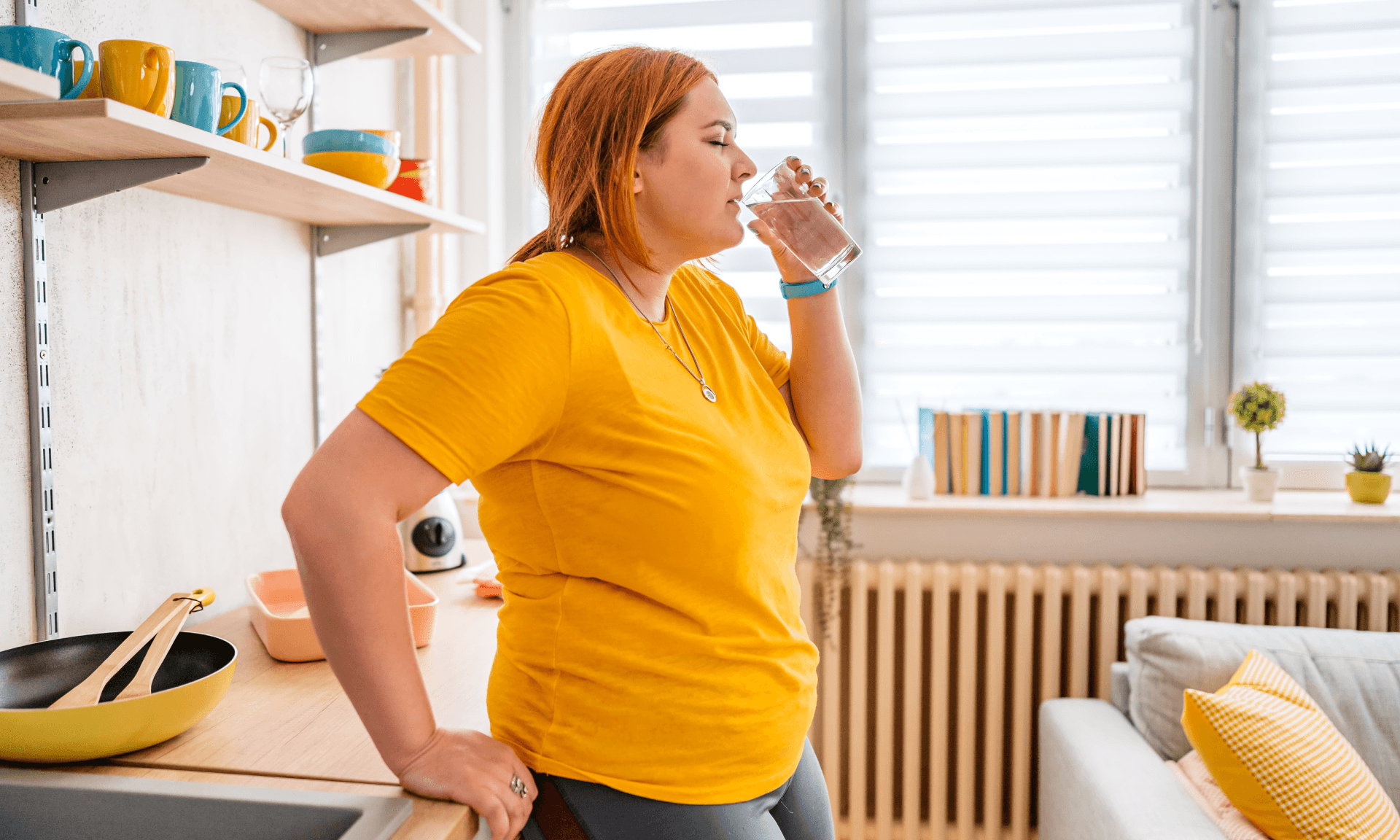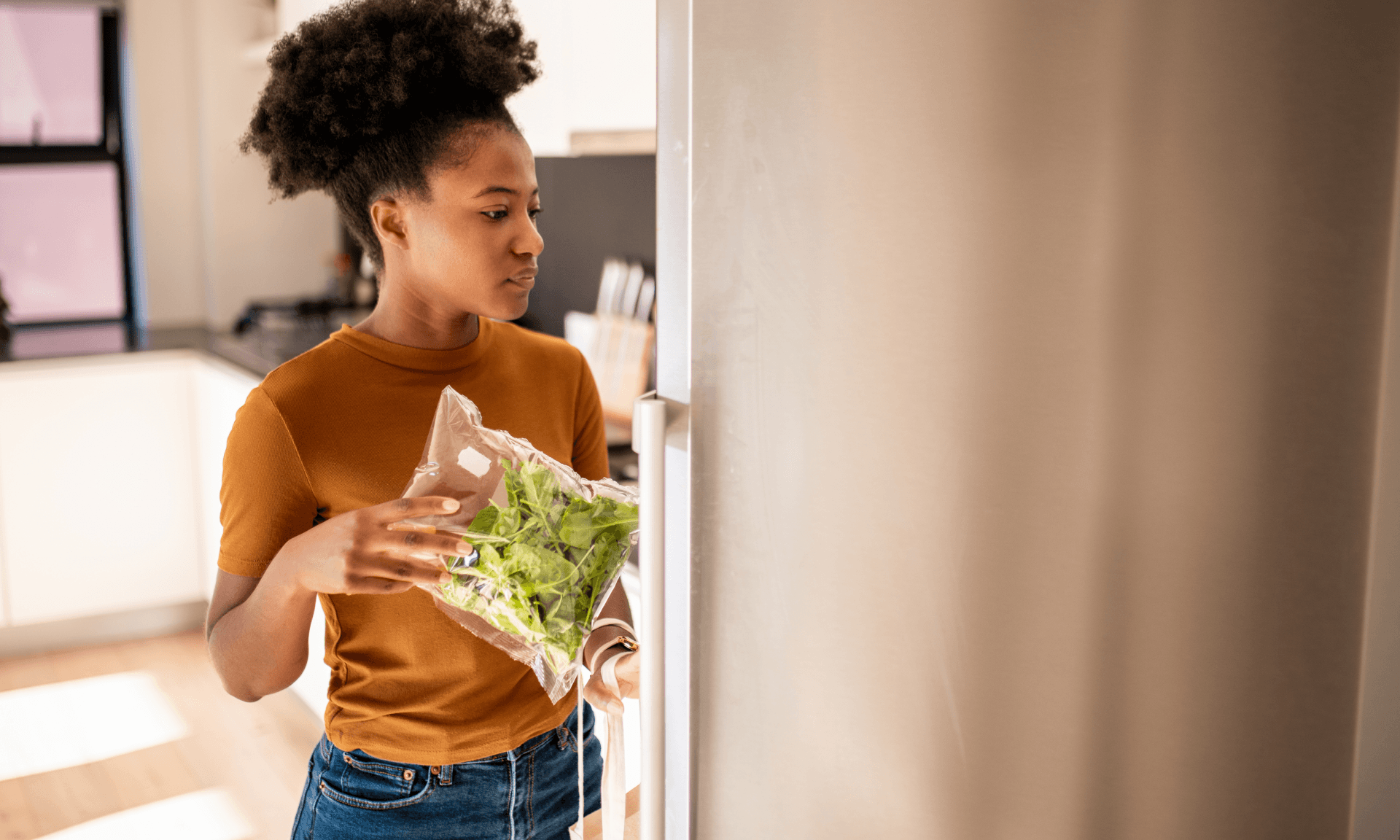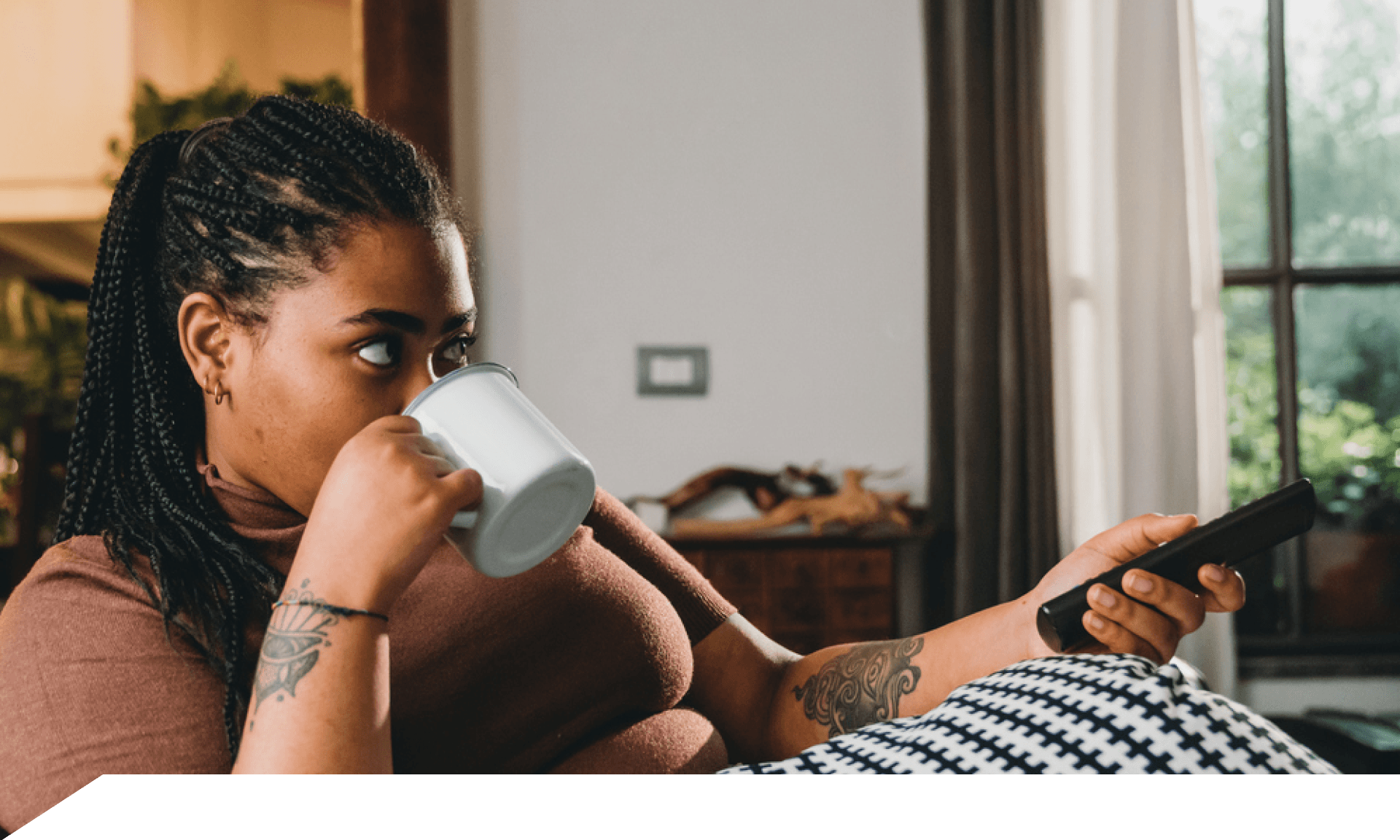editor's note
Hello. Welcome to our first Editor’s Note. We want to get a little ~personal~ with you about health and wellness in our own lives.
As the weather gets warmer — which, in itself, makes me happier — I’m thinking about daily routines that spark joy. I might try some affirmations and active pauses. Or a breakfast of guava and definitely-not-runny eggs. Maybe I’ll experiment with melatonin for my skin. And you better believe I’m not skipping out on sleep after reading this. If only I could stop scrolling…
— Maria McCallen / Editor / Manhasset, NY
well, well, well...

Catch up on the latest health news, tips, and trends.
Is it possible to escape forever chemicals? Maybe in your drinking water, but probably not if you get a cut.
Arizona may soon be home to one of the strictest abortion bans in a battleground state. But it’s not the only state that could bring change on this issue this year.
Fitness should be accessible to everyone — but the lack of diversity in workout classes paints a different picture. One Black trainer has some solutions.
If intrusive thoughts about your parents dying keep you up at night (same), here's what to do.
Vulva balms are a thing now, and some docs are feeling crotchety about it.
we have to talk about…

What People Get Wrong About Intuitive Eating
Intuitive eating (IE) can be a powerful tool for healing your relationship with food. But since IE first became a thing in 1995, the internet has done what it does best: Twist a complex method for eating freely into an oversimplified buzzword that leaves many people confused about how it really works.
The myths and misconceptions
It’s…intuitive.
After a lifetime of choosing zoodles over noodles, recognizing your body’s needs can take months or years.
Certified intuitive eating counselor Colleen Christensen, RD, says to start by noticing your hunger and fullness cues. Not sure what those feel like? Give your body what you think it could use. So if you haven’t eaten in several hours, maybe have a snack, even if you’re not hungry.
It’s all-or-nothing
The anti-diet movement can make you feel like if you’re not doing it “right,” don’t bother at all. That’s “what can make [intuitive eating] feel like a diet,” Christensen says. But you can ease into it. These experts and books can help.
It’s only about not dieting
Removing the demonization of food is a big — but not the only — part of eating intuitively. “If we're just doing the opposite of what diet culture told us, we're still letting diet culture dictate our choices,” Christensen says.
It's about losing weight...or not wanting to lose it
You might lose, gain, or stay the same weight. But don’t judge yourself for wanting to shed some pounds.
“You can have two thoughts at once: ‘I kind of hope maybe this helps me lose weight, but I also want to just feel free and feel good in my body,’” says Christensen. “What matters is the thought that you let take over.”
Your move
IE takes time, patience, and self-compassion. If it doesn’t feel natural right away, “your version [of IE] might need a little bit more tweaking,” says Christensen. As you find your way…
Ask what you’d say to your younger self. Whether that’s with feelings of judgment or shame, or about what to eat. If you were 5 years old, what would you need right now? A little treat? Something to fill you up?
Shift your focus from your weight to how you physically feel. As best as you can. It can help you make food choices that honor your body holistically.
Update who you follow on social media. Christensen recs Vinny Welsby and Jaimmy Koroma. Also, unfollow anyone who triggers you or claims that certain foods will make you look a certain way.
ask an expert

We asked you to vote on a question you’d like answered. The winner was:
I enjoy being a homebody — what does that say about my mental health?
FEATURED EXPERT:

Grace Lawton, LCSW
Integrative psychotherapist and owner of GML Therapy
“Being a homebody can be both healthy and unhealthy, depending on the ‘why’ behind it,” says Lawton. If you enjoy being home but have strong connections with close family and friends, this can be healthy, she explains. “It can help you stay productive, eat healthier, save money, and embrace self-care.”
But if you’re isolating and staying home due to anxious or depressive symptoms, it can be a sign of a mental health concern, says Lawton.
PS: Want to get out of your homebody tendencies? Here's our expert's advice.
skimm beta
theSkimm helps you tackle your to-do lists, whether you're refinancing your loans or choosing a daycare for the first time. We talk to experts and real women to empower you to make decisions faster and with more confidence. Check out our guides to get started.
PS: Your feedback makes a big impact. Let us know what you like, what could be improved, and most importantly, if we helped you get sh*t done. Share your thoughts.
smart follow

Name: Haley Weaver, artist and writer
Why we follow: If you've ever experienced anxiety (and if you haven’t, what’s that like?), you’ll enjoy Weaver's illustrations. Her colorful yet relatable takes on spiraling, self-doubt, and more are like a dopamine hit for your feed. If screenshotting her posts isn't enough, her illustrated memoir comes out April 16.
quote of the week
Photos by iStock, Mallory Pettee, Kimberly Person
Design by theSkimm
This content is for informational and educational purposes only. It does not constitute a medical opinion, medical advice, or diagnosis or treatment of any particular condition. Always seek the advice of your physician, mental-health professional, or other qualified health provider with any questions you may have regarding a medical condition. Products you buy through our links may earn us a commission.
*PS: This is a sponsored post.
Live Smarter
Sign up for the Daily Skimm email newsletter. Delivered to your inbox every morning and prepares you for your day in minutes.
